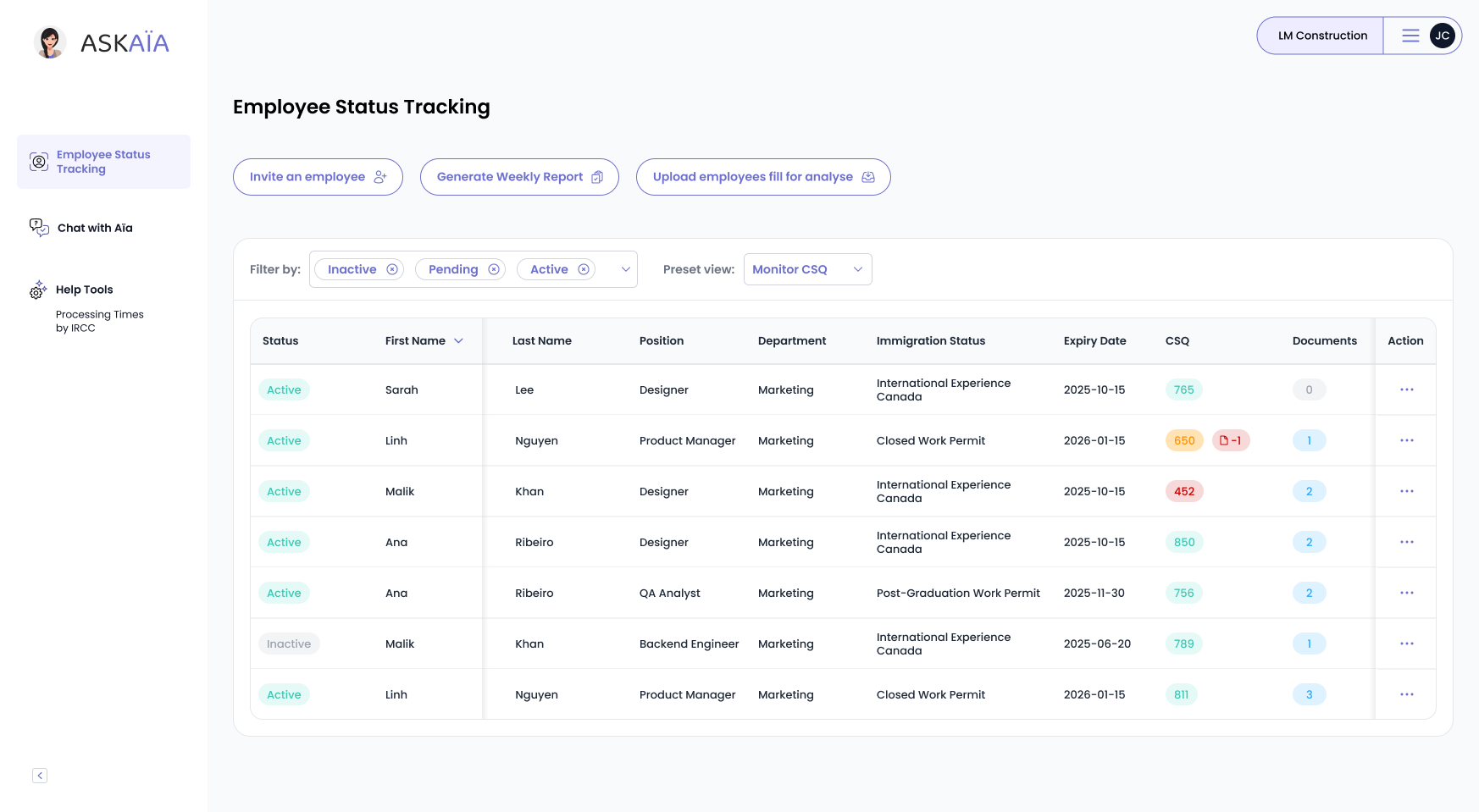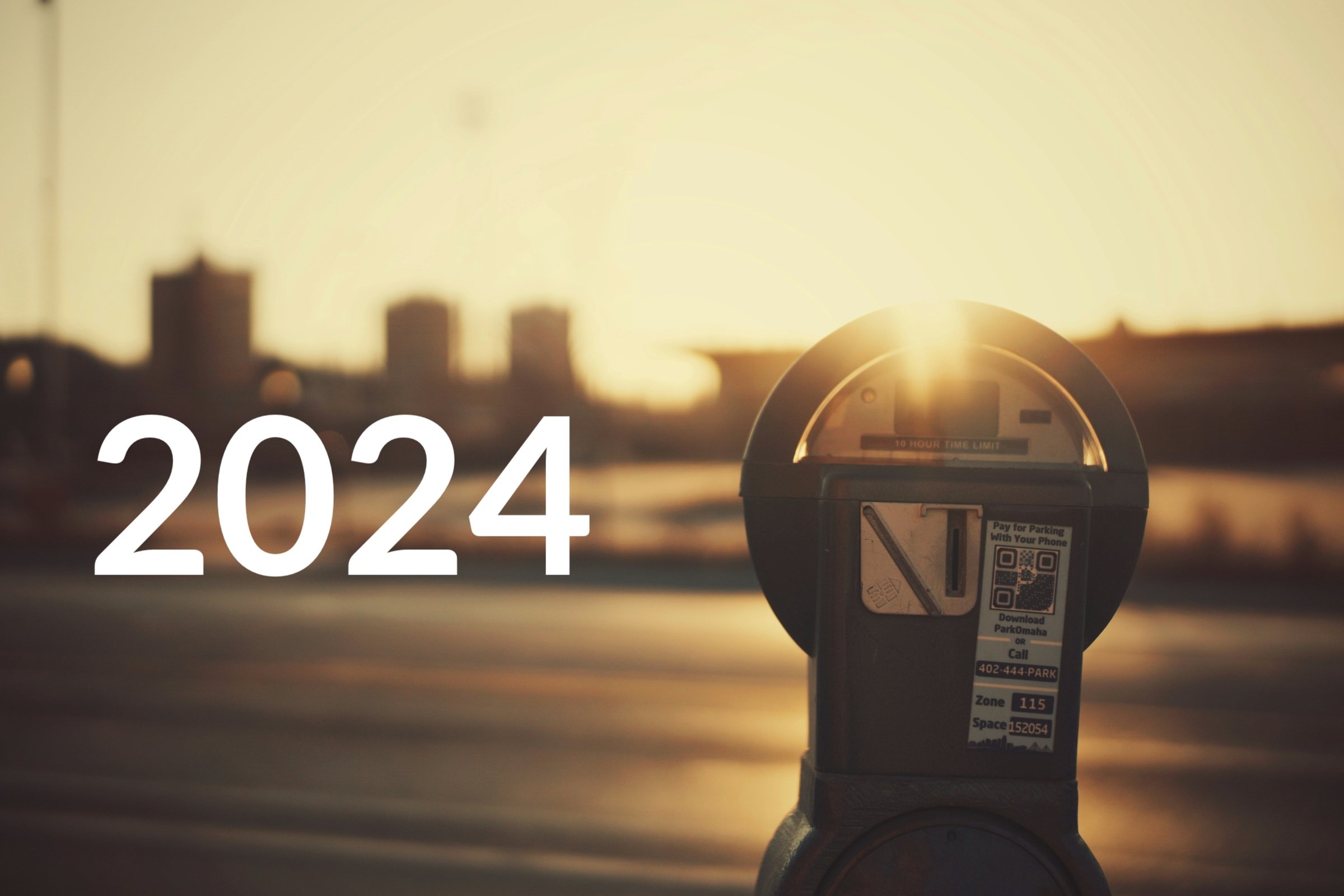Canada Tightens Study Permits: Indian Students Face New Rules

Canada is tightening its immigration policies, and international students—especially from India—are feeling the impact. The government is reducing study permits, introducing stricter work permit rules, and enforcing new language requirements. What does this mean for future students and their families?
Immigration Minister Marc Miller has highlighted concerns about the surge in Indian students and its impact on Canada’s education system and infrastructure. If you're planning to study in Canada, you need to understand these changes. This article breaks down the new policies, their impact on Indian students, and what you can do to navigate them.
Key Takeaways:
- Canada is cutting international study permits to 437,000 in 2025, down from over 509,000 in 2023.
- New restrictions on work permits mean that only spouses of graduate students in specific programs can apply.
- Stronger language requirements will affect study permit and PGWP applicants starting in late 2024.
Why is Canada Limiting Study Permits?
Canada has seen a massive influx of international students, with Indians making up nearly 40% of the total. This has led to concerns about over-reliance on Indian students, housing shortages, and pressure on social services.
To address this, the government is capping study permits and imposing stricter requirements to ensure students have a clear academic and career path before arriving.
New Rules: Who is Affected?
-
Indian Students Applying for Study Permits
- Expect fewer approvals due to reduced allocations.
- Provinces will have specific quotas for study permits.
- Applicants must prove they can support themselves financially without relying on off-campus work.
-
Spouses of International Students
- No more open work permits unless the student is in a master’s, doctoral, or professional program.
- Families of undergraduates or college students won't qualify for spousal work permits.
-
Graduating Students Seeking a PGWP
- Language requirements apply starting November 1, 2024.
- Only students from designated learning institutions (DLIs) will qualify.
What This Means for Indian Students
If you're an Indian student planning to study in Canada, expect more competition and stricter application reviews. Consider these strategies:
- Choose high-demand programs (STEM, healthcare) for better immigration prospects.
- Ensure financial readiness to meet new proof of funds requirements.
- Stay informed on PGWP rules to secure work after graduation.
What’s Next? Alternative Options
With study permits becoming harder to obtain, Indian students may explore:
- Express Entry programs for skilled workers.
- Provincial Nominee Programs (PNP) that support international graduates.
Final Thoughts
Canada remains a top destination for Indian students, but the government is now prioritizing quality over quantity. Understanding the new rules will help you plan smarter and avoid immigration pitfalls. Not sure if you qualify for a study permit? Take our free assessment to explore your best options for studying in Canada.

Let’s get your demo started
Book a demo
You May Also Like
These Related Stories

Canada in 5: Stricter Study Permit Rules Disrupt International Students
Canada's new 2024 student permit regulations add challenges for international students. Discover how halting permits for non-compliant universities im …

End of Student Direct Stream: How to Apply for Canada’s Study Permit
Canada has ended the fast-track Student Direct Stream (SDS) for study permits, impacting thousands of international students. Discover key steps, alte …

Canada in 5: New Student Permit Cap in 2024
"Canada in 5" brings you this week’s key immigration updates in a quick, digestible format. From the 2024 cap on international student permits to sign …